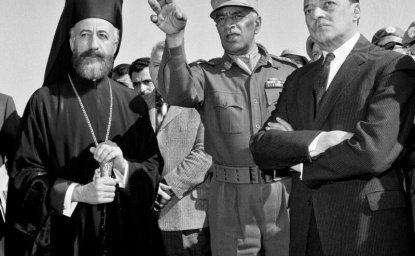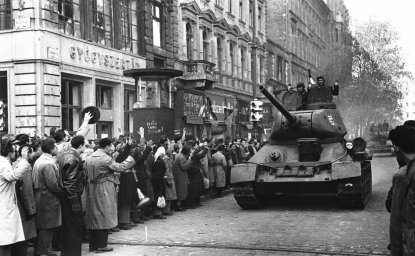CWIHP is proud to announce the publication of the latest edition in the CWIHP Book Series:Local Consequences of the Global Cold War (2007) edited by Jeffrey A. Engel.
While the study of cold war history has been predominantly engaged in stressing the international character and broad themes of the story, this volume examines how actions of international relations affected local popular life.
Each chapter has its origins in a major international issue, and then unfolds the consequences of that issue for some region or city. The starting points for the various contributions are unifying questions regarding postwar occupation, militarization, industrialization, and decolonization, but the ending points are dispersed, such as movies in Japan, race relations in the American South, forests in East Germany, and industry in Novosibirsk. As a whole these stories reveal the effect that the cold war had in each sphere of everyday life in the East, as well as in the West; in the superpowers, as well as on the periphery of the international system.
Jeffrey A. Engel is Assistant Professor at Texas A&M University's Bush School of Government and Public Service and Associate Director of the Scowcroft Institute for International Affairs.
Click here to learn more about the CWIHP Book Series

Cold War International History Project
The Cold War International History Project supports the full and prompt release of historical materials by governments on all sides of the Cold War. Read more


History and Public Policy Program
A leader in making key foreign policy records accessible and fostering informed scholarship, analysis, and discussion on international affairs, past and present. Read more




